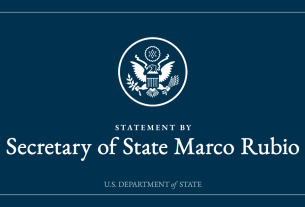Primary schools in Ireland are increasingly relying on proceeds from the Deposit Return Scheme (DRS) to meet basic operational costs, according to the Catholic Primary Schools Management Association (CPSMA).
Introduced in February 2024 to improve the Republic’s recycling rates, the DRS has quickly become a financial lifeline for many schools. CPSMA General Secretary Seamus Mulconry said the scheme is now “an integral part of financial planning” for a significant number of schools.
Speaking on The Pat Kenny Show, Mr Mulconry described the situation as “desperate,” noting that schools are collecting plastic bottles not for environmental education, but to raise critical funds.
“There are schools that are essentially dependent on bottle collections to fund essentials,” he said. “You can expect to have no plastic bottles in your house because that’s what schools are asking for — anything to raise cash.”
Mr Mulconry highlighted the impact of rising school costs, pointing to a mismatch in how State funding is allocated. While capitation grants — the funding schools receive to cover general running costs — amount to around €120 million annually, school meals funding is set to exceed €300 million when all schools are enrolled.
“In September, schools will receive €224 per pupil to pay for basic operations. In contrast, they will receive about €536 to feed each pupil. While we are rightly investing in child nutrition, the day-to-day costs of running schools are being neglected,” he said.
As a result, schools are expected to increase requests for voluntary contributions from parents.
“If the school can’t get it from the State, it’s going to look elsewhere,” he said. “Parents should prepare for higher voluntary contribution requests, though schools will try to keep these to a minimum.”
Despite recent efforts by the Department of Education and the Minister for Education to inject much-needed funding into the education system, many schools continue to struggle with day-to-day operational costs. While these initiatives are welcome, it is becoming increasingly clear that they fall short of addressing the full scale of financial pressure faced by primary schools. As a result, there is growing support for the establishment of a dedicated contingency fund that schools in financial difficulty could access when urgent needs arise. Such a fund would provide a more sustainable and responsive solution, ensuring that no school is forced to rely on ad hoc fundraising efforts to cover essential expenses.



